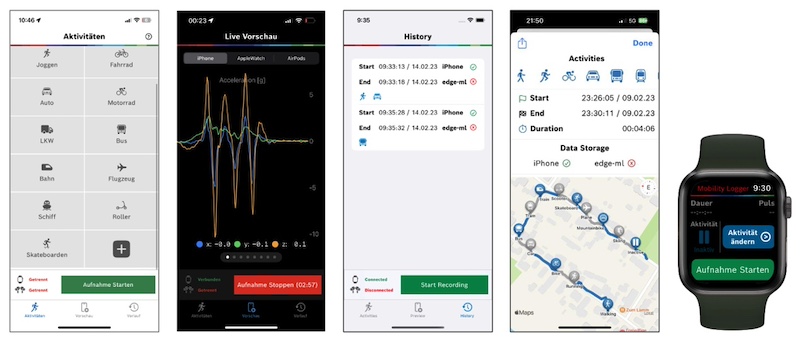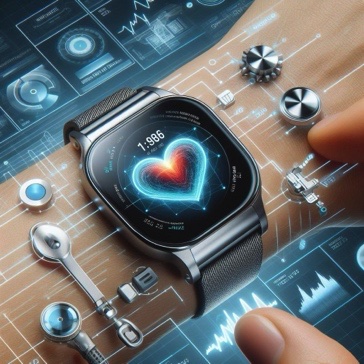Personalizing Health with Wearable Sensor Data
- Forschungsthema:Computermodelle des Herzens
- Typ:Studentische Forschungsarbeit
- Betreuung:
- Bearbeitung:
-
Motivation and Background
Machine learning, a subset of artificial intelligence, emulates human learning processes by leveraging data, algorithms, and statistical models to make predictions without explicit instructions. In medicine, machine learning algorithms now rival or even surpass human capabilities in certain tasks. Despite the seeming abundance of data, machine learning for medicine, however, faces several challenges including the "big data but small data" paradox. Root causes for this issue are that in practice data are not readily available for legal, ethical, or technical reasons. To fully exploit machine learning applications in biomedical settings, it cannot be restricted to clinical settings but should also be applied in ambulatory and preventive settings. In this regard, wearable sensor data acquired by healthy individuals hold great promise.
Student Project
This thesis project shall explore options to access biosignals and other health data of volunteers via smartphones and smartwatches. An existing technology platform shall be adapted to the needs of
this project to then recruit regional participants in a second step. Different types of data (activity, weather etc.) shall be linked to formulate initial research questions. As a proof of concept, those questions shall be answered using data science, statistics, and machine learning. The details of the
project can be tailored to your expertise and goals.
If you are interested or have questions, send an email!
silvia.becker@kit.edu / tobias.roeddiger@kit.edu

